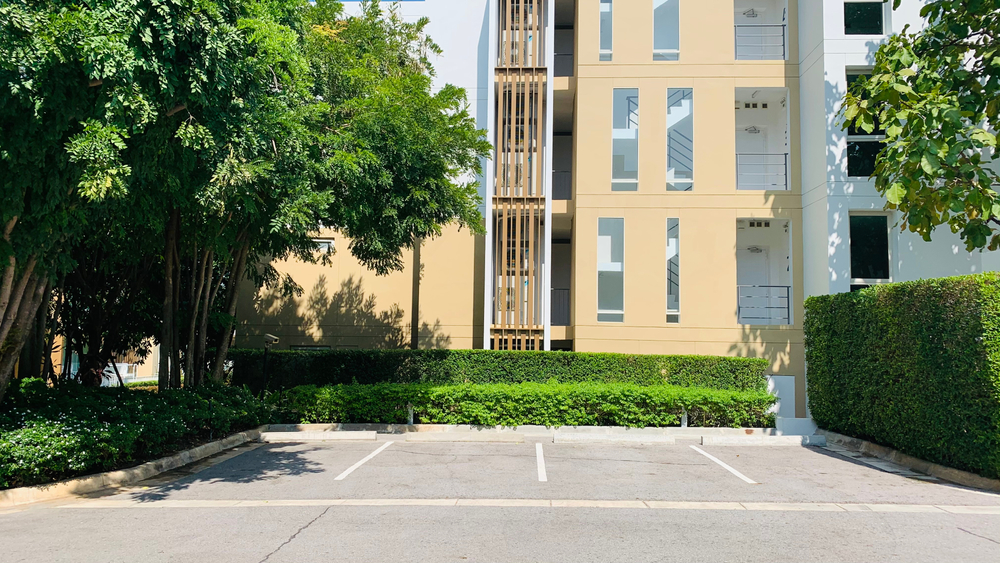
To grasp the significance of a reserve study, it's important to first define a reserve fund. This fund is a designated pool of money set aside for major capital expenses—such as roof replacements, paving projects, and elevator upgrades—that are too large to be covered by an HOA’s regular operating budget. A well-funded reserve can help avoid unexpected special assessments or costly loans down the road.
The goal is to ensure the HOA’s reserves are adequately funded over time, avoiding financial shortfalls that could negatively impact homeowners.
Reserve Fund vs. Operating Fund
Many associations maintain both an operating fund and a reserve fund, but they serve distinct purposes. The operating fund is used for daily expenses such as landscaping, utilities, and management fees. The reserve fund, on the other hand, is earmarked for long-term capital repairs or replacements. Think of it as the association’s savings account for big-ticket items.
Reserve studies are also a valuable planning tool for future board members, ensuring continuity and consistency in long-term community care.
Reserve studies are complex and should be conducted by qualified professionals, not managed in-house by board members. Look for a Reserve Specialist certified by the Community Associations Institute (CAI) or a member of the Association of Professional Reserve Analysts. These experts bring a standardized methodology and provide actionable insights your board can rely on.
The frequency of reserve studies varies by state and community. For example:
Even if your state doesn’t mandate it, most industry experts recommend a full reserve study every 3–5 years, with updates in between to reflect actual conditions.
The cost of a reserve study ranges widely—from $500 for basic updates to over $10,000 for a full analysis of a large or complex property. Several factors impact the cost, including the size and age of your community, the number of shared assets, and the type of study selected. Condominium associations often pay more due to the density and shared infrastructure of their buildings.
Despite the cost, regular reserve studies are a smart investment. They help avoid financial emergencies, ensure transparency, and provide a stable financial outlook for the entire community.
Board members have a fiduciary duty to act in the best interest of the community. Failing to maintain a healthy reserve fund—or neglecting to perform reserve studies—can expose the board to legal risk. Some courts have ruled that not conducting a reserve study may constitute a breach of duty, especially when the absence of such planning leads to sudden financial hardship for homeowners.
Conclusion
A reserve study isn’t just a best practice—it’s a vital step in securing your HOA’s financial future. It provides transparency, builds trust among homeowners, and allows your board to plan for large expenses without resorting to special assessments or loans.
If your board has never conducted a reserve study or if it’s been more than a few years since your last one, now is the time to act. An experienced HOA management company can help guide the process and ensure your community is on solid financial footing.
Gordon James Realty offers expert guidance on reserve planning and financial management for HOA communities. If your board is ready to safeguard your community’s future, contact our team today to learn how we can help.

Learn how to craft and enforce HOA parking rules, resolve disputes, and ensure compliance with fair, legally sound enforcement strategies.

Learn how to respond to HOA violation notices, understand your rights, and resolve disputes through hearings, appeals, or mediation.
We're proud to make partnering with us easy. Contact our team to connect with one of our industry experts and get started today.